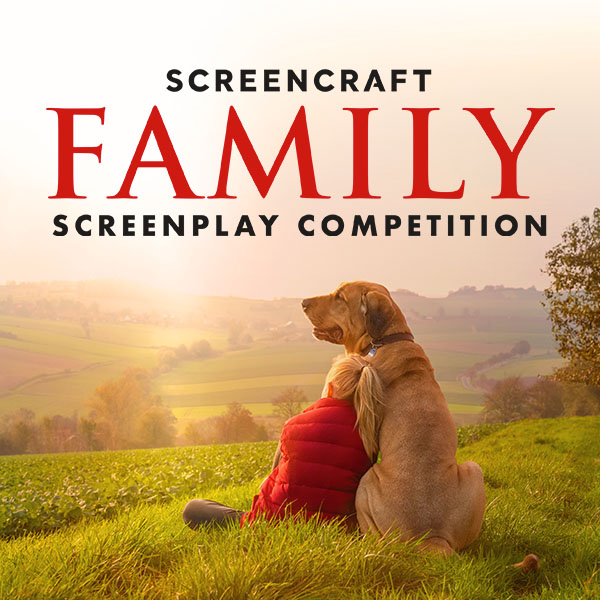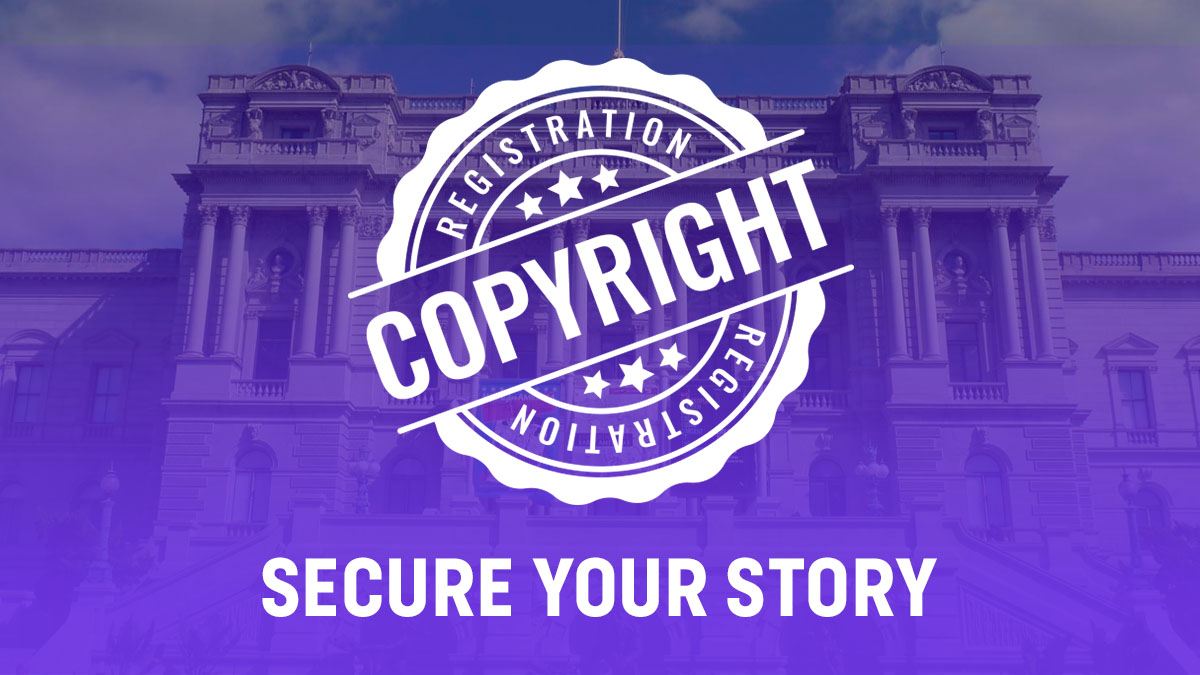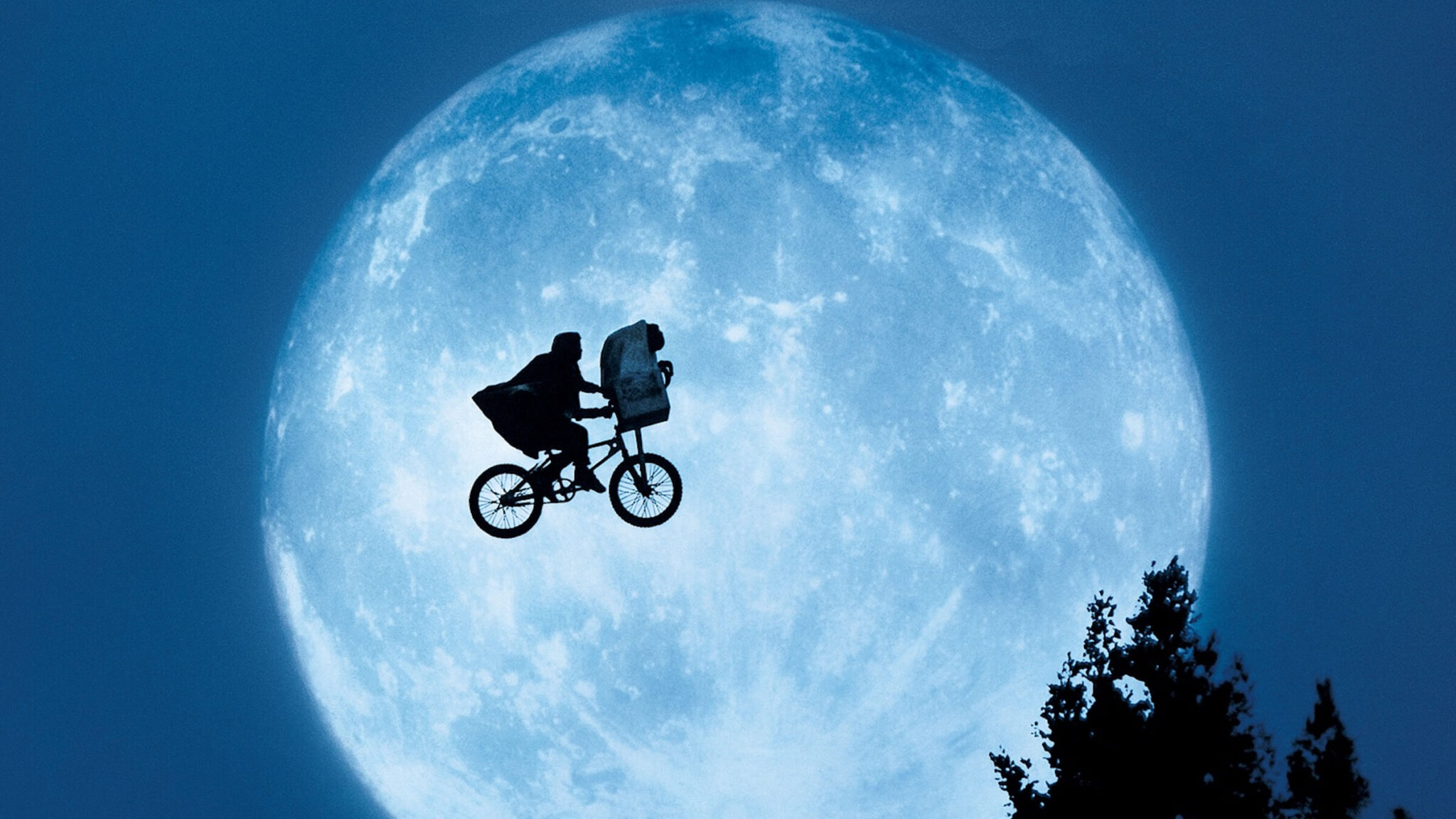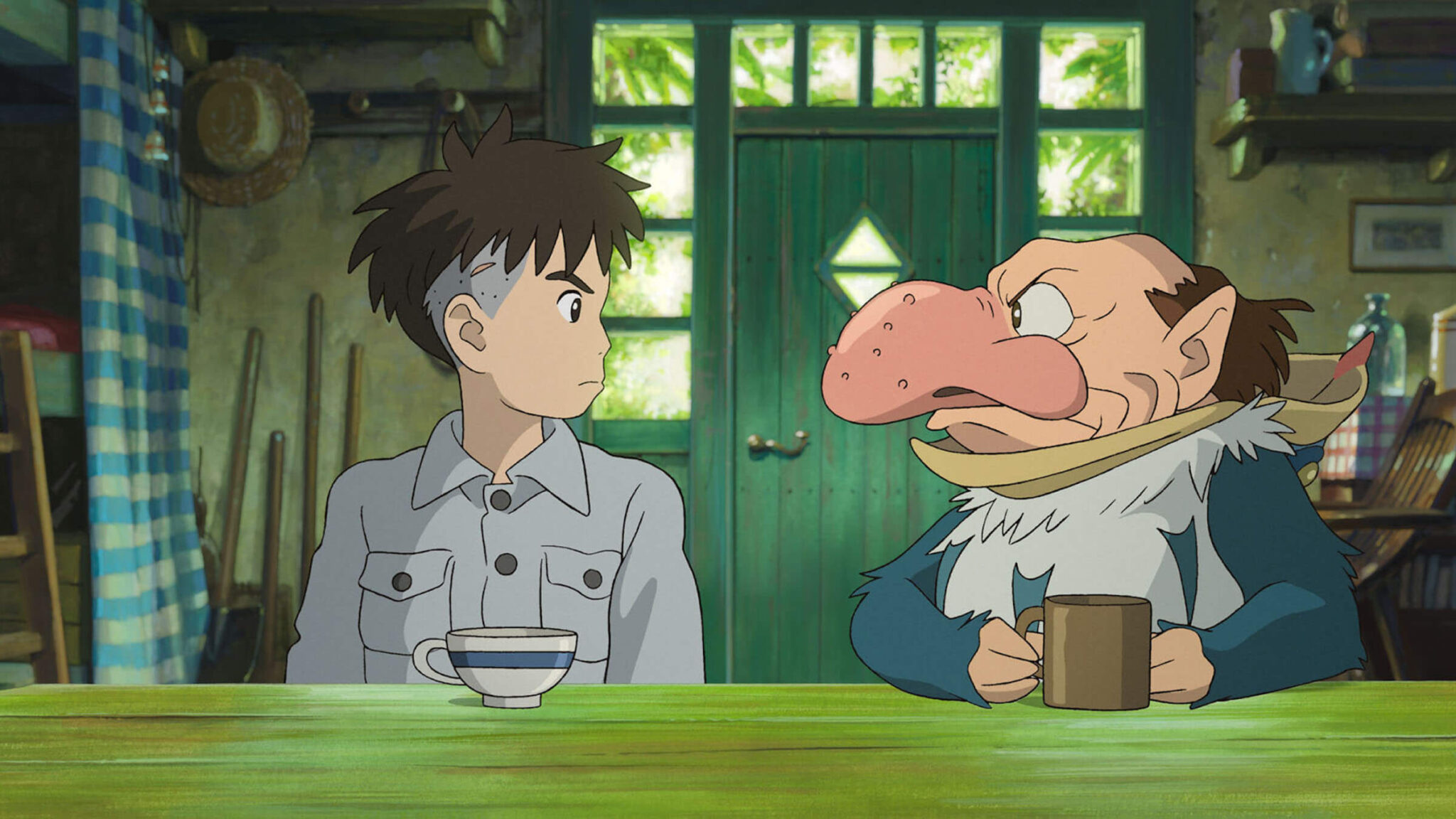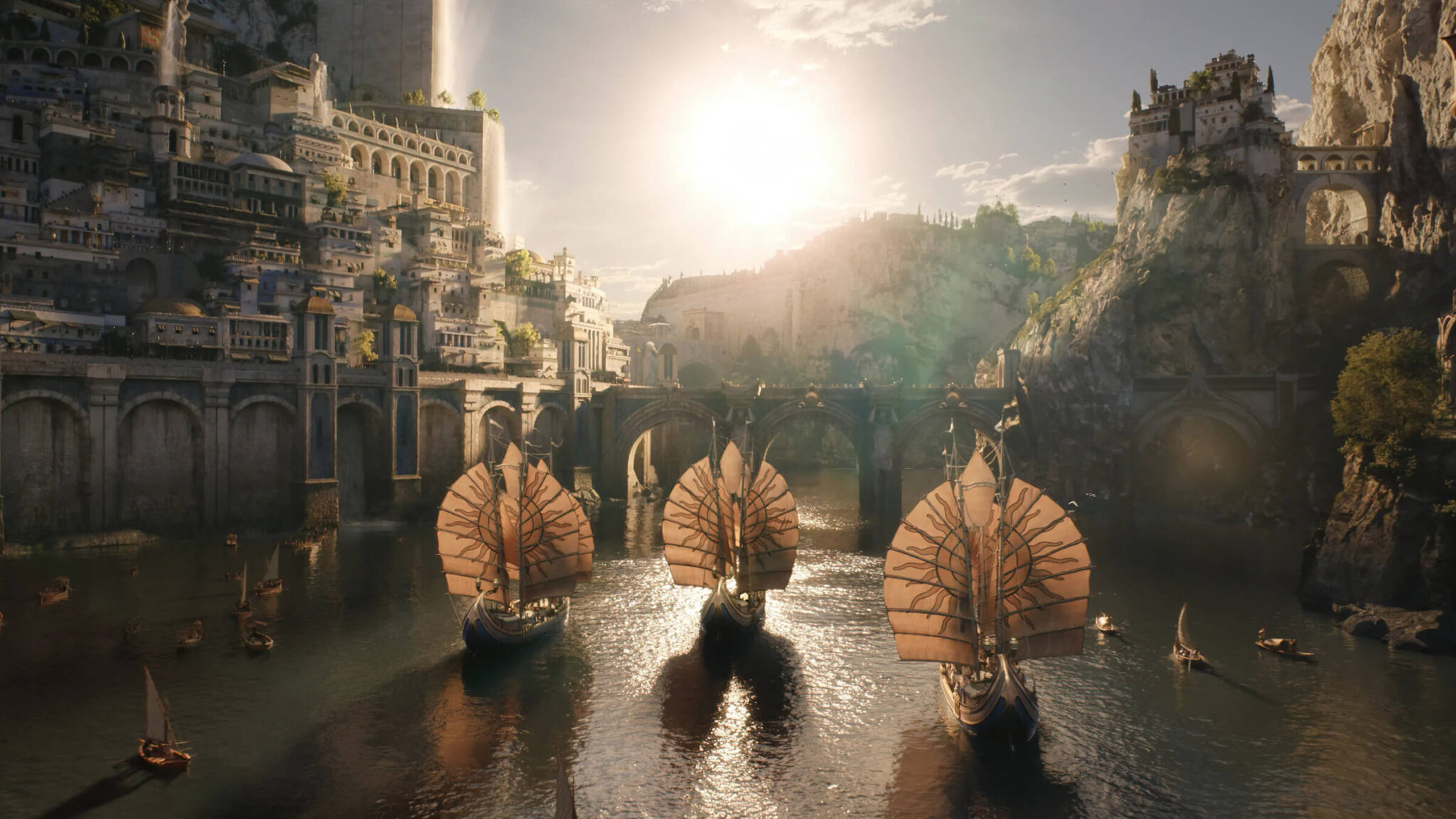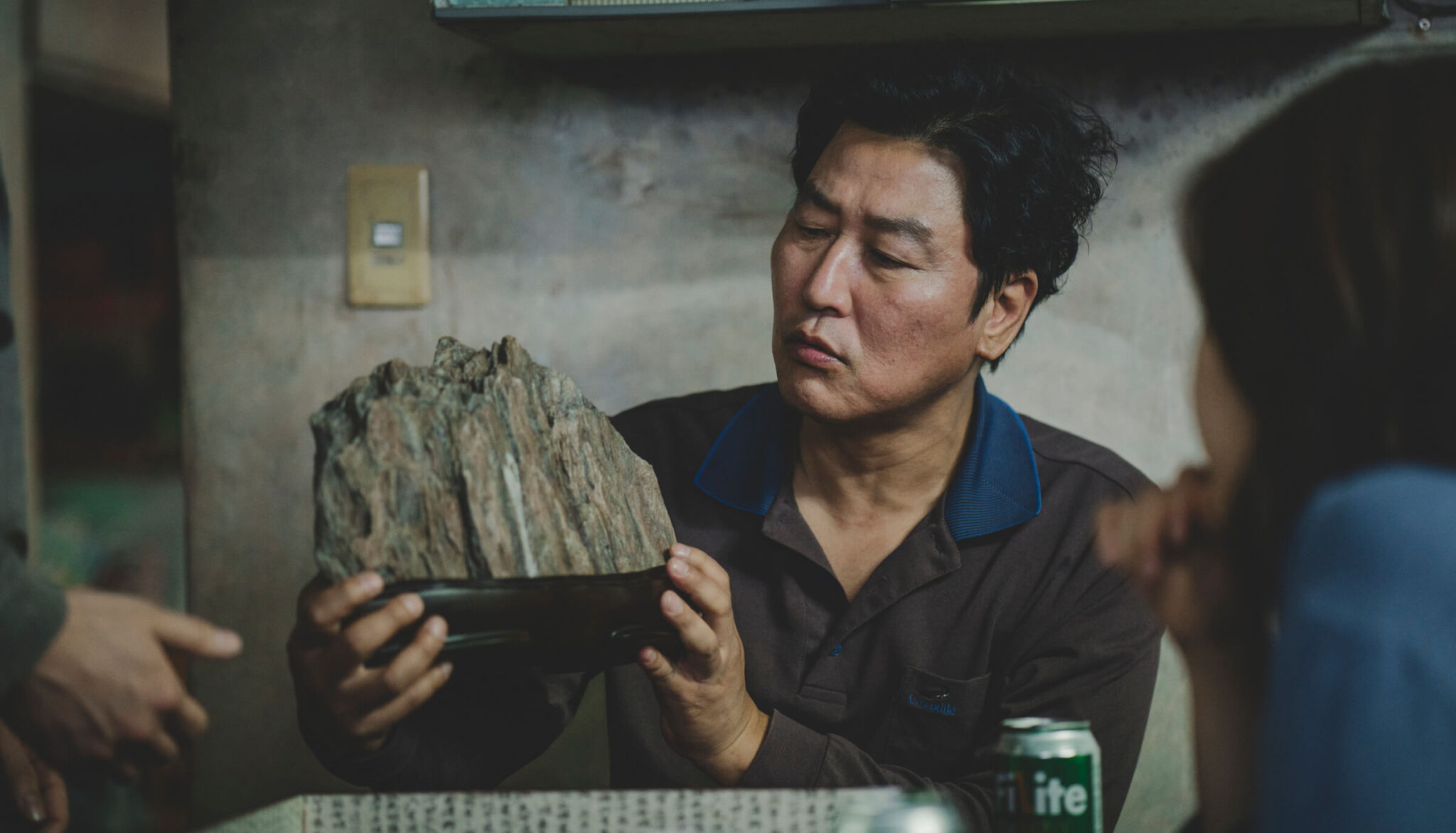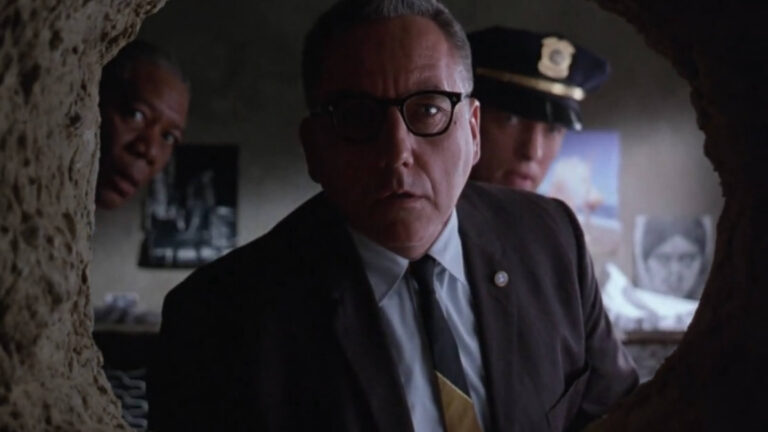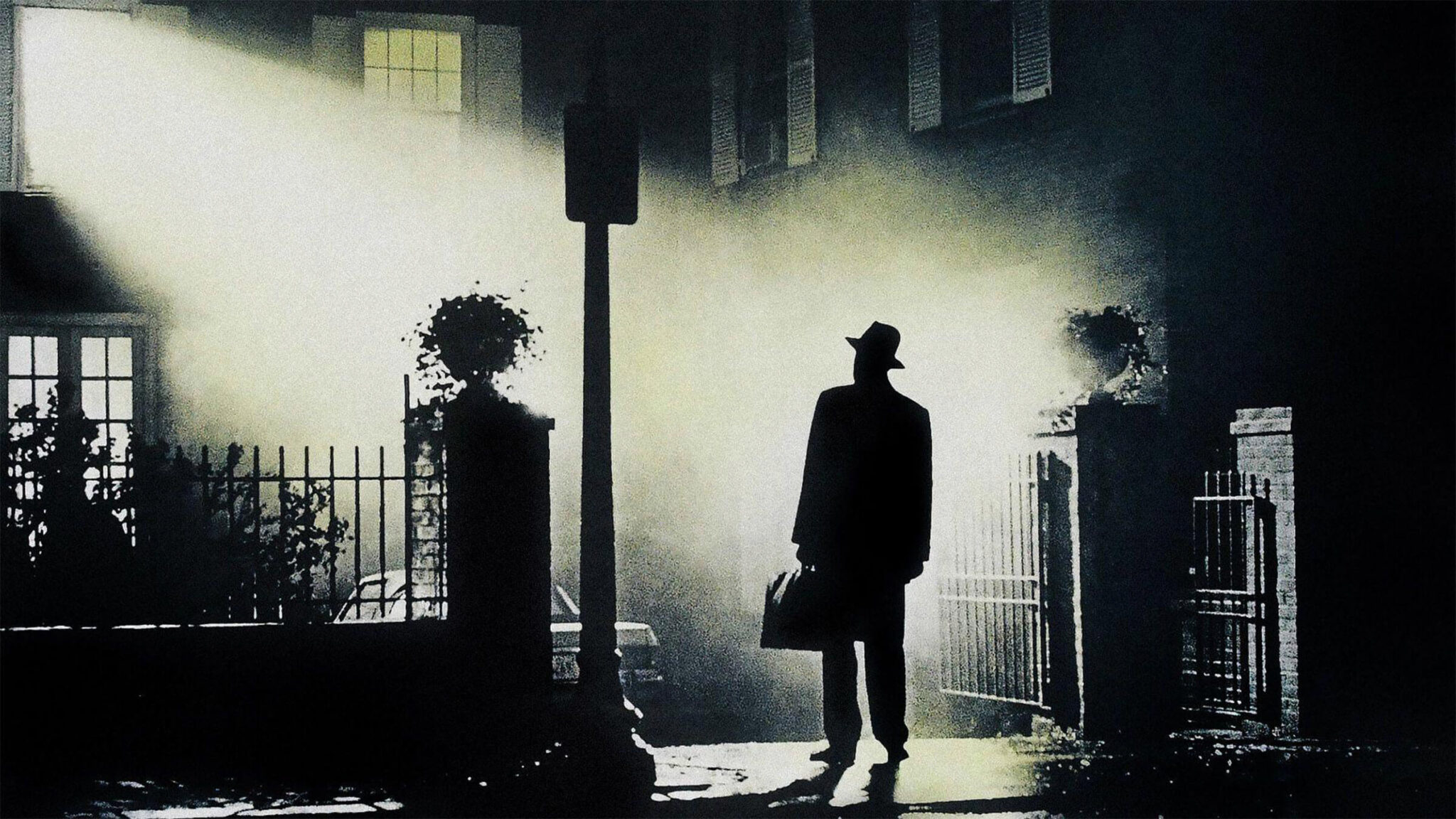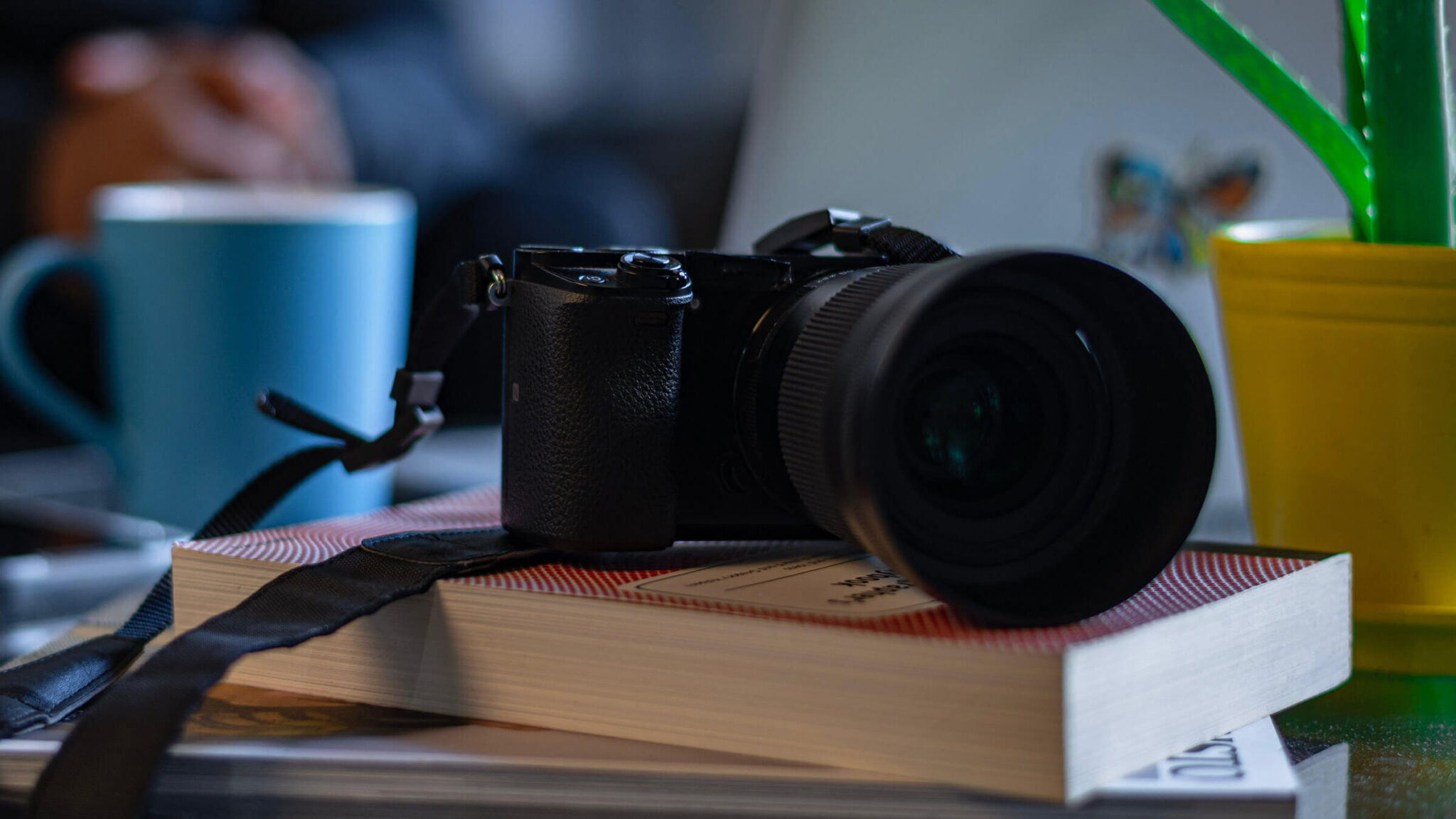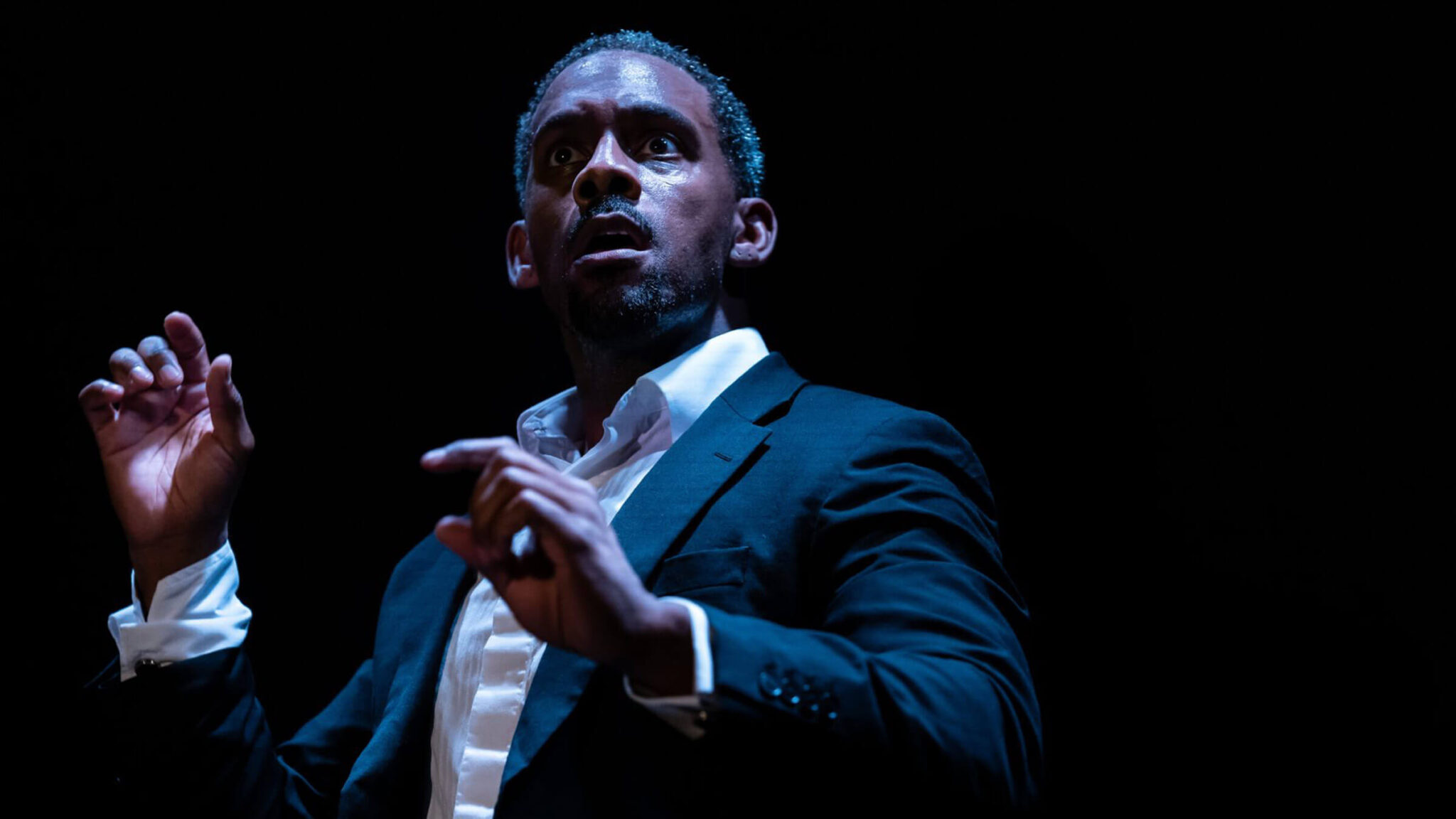5 Things to Think About When Drawing from the Public Domain

It’s easy to forget just what an extraordinary catalog the public domain is for us writers. The public domain contains works whose copyrights have expired, and are therefore available for adaption, or simply to draw on as inspiration. But there are some aspects of such a project that need to be kept in mind in order to maximize creativity and minimize replication.
Let’s explore a few of the things you should think about when drawing from the public domain.
1. Feeling Tied to the Source Material
Presumably, the publication you’re interested in is one that grips you, one that means something. Sometimes this can get in the way of your writing, as you feel obligated to stick to the source material as much as possible, thereby avoiding losing the heart of the piece. But the truth is that any adaptation or retelling provides a new spin at a minimum, simply because a new writer is behind it. You should feel free to move as far away from the original as you please, ideally motivating this distance through assessments of what you need to get your story into the best shape it can be. The old story is inspiration, and need not be a blueprint.
2. Identifying the Themes
Presumably, the themes of the story you’re interested in play a huge role in motivating your new interpretation. Not all screenwriters are fans of using themes to structure a movie, and they may be right. But it seems that taking something from the public domain provides a thematic toolkit that you would want to pay close attention to. This can range from the incredibly rich and complex themes of a Shakespearean play to the more moralistic “lessons” from an old fable. Luckily, there is no official interpretation of what the themes of a particular story are, so you’ll need to put some thought into it. Whatever you’ve identified can help you tie characters and plot together.
3. Finding a New Audience
The original author of a book or play (or several authors if it’s a collection such as One Thousand and One Nights) had a specific audience in mind. Is that the same audience that you want to speak to? Be wary of presuming the answer to that is obvious. Maybe you wish to appeal to a younger audience (Disney is way ahead of you). Or perhaps there are different demographics that draw your interest, so that the story is exposed to people who have never had access to it before. This will play a huge role in shaping your characters, their patterns of speech, the language used, the setting, the stakes and so on.
4. Knowing Your Characters’ Motivations
Once you’ve “inherited” some beloved characters from the original source, you might think it will be an easy task to set them on their way on some adventure or other. Remember, though, that you’re the one in charge of giving these characters’ motivations, direction, objectives, quirks, and so on. If you aren’t certain in your head (and preferably on paper) what these characters are all about, you risk running dry as you go through scene by scene. Even though you’re taking from another story, you need to know what each character wants in every single scene. Motivation causes conflict, and conflict drives the narrative.
5. Changes in Time Period
It’s a common strategy to take a story set in a time gone by and thrust it into modern times (or any other time). This is further proof of the evergreen nature of the classics, and it is because great stories often draw on broad themes – love, greed, power, friendship, death, etc. – which never seem to go out of fashion. One of the best examples of this is Baz Luhrmann’s Romeo + Juliet, which he changed from being set in 16th century Verona to 1990s Verona Beach. If you’re heading down this route, make sure you know why you want to set it in modern times, or whatever time period you choose. What is it about this setting that will bring a new angle to the story, or bring out different themes?
Read More: 101 Public Domain Story Prompts!
 Matt van Onselen is a South African screenwriter living in Los Angeles and a graduate of the UCLA MFA Screenwriting program. He focuses on comedy writing, but will do anything for money.
Matt van Onselen is a South African screenwriter living in Los Angeles and a graduate of the UCLA MFA Screenwriting program. He focuses on comedy writing, but will do anything for money.
Get Our Screenwriting Newsletter!
Get weekly writing inspiration delivered to your inbox - including industry news, popular articles, and more!



